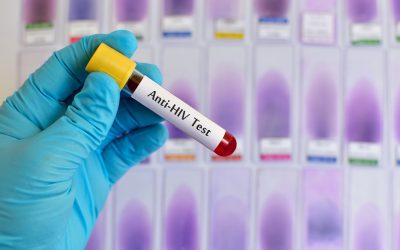Many people don’t understand the significance of skin cancer, and they may not understand that some types of skin cancer can be lethal if not treated, while others can cause disfigurement if they become large and need to be surgically removed.
Skin cancer screening is part of a preventative program designed to detect early forms of skin cancer. People with specific types of symptoms, as well as with a family history of skin cancer or other presenting issues are at greater risk of developing cancer, and may have more frequent skin cancer screening as part of their regular healthcare tests.
Skin Cancer Types
There are three common types of skin cancers, but there are also several additional cancers that are not as commonly diagnosed. Each looks slightly different, but a doctor will complete additional tests to verify the specific type of cancer and recommend a course of treatment.
Basal cell carcinomas are often seen as a smooth bump or lump that may have a shine to the surface. There may be blood vessel apparent under the skin in the area. For some patients, these raised areas may become open sores and bleed frequently and easily.
Squamous cell carcinomas are typically scaly and dense looking. They usually have a pink or red color and, unlike basal cell carcinomas, these can become painful and very pronounced.
While all types of carcinomas are serious and need immediate treatment, melanomas are the most worrisome. They are typically irregular shaped and colors areas of the skin that look like moles.
Diagnosis and Treatment
Through regular skin cancer screening, your dermatologist or primary care physician will check any irregularities on your skin or any changes in pigmentation or moles on the body.
If irregularities are noticed, the doctor will recommend treatment. With cancers on the face a very specific surgical procedure, Mohs surgery, will be used to remove a minimal amount of tissue. The doctor will test to make sure all cancer cells are removed from the surrounding tissue. With this minimal surgical procedure, which is known as micrographic surgery, there is often no visible scar after the procedure.
Prevention of Skin Cancer
During your skin cancer screening, your doctor will typically talk about prevention of skin cancer. Prevention is critical as avoiding direct sun exposure, using sunscreens when outdoors, and avoiding being out when the sun’s UV rays are the strongest, can all help to prevent this type of cancer.
If you have any questions, including the use of tanning beds and the risk of skin cancer, talk to your doctor. Also, mention any irregular areas of skin or any concerns you may have to your doctor as early detection and treatment is important.








